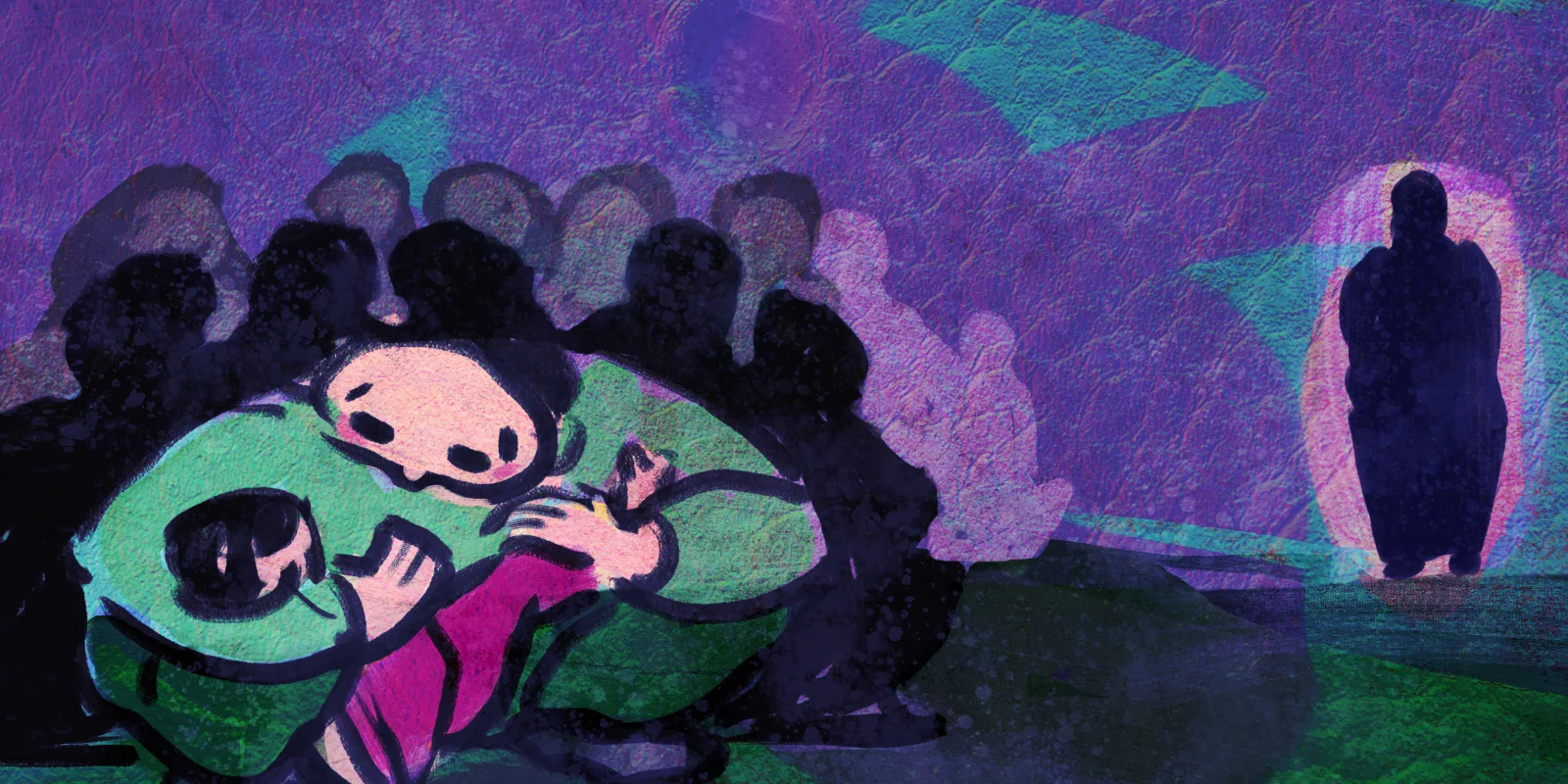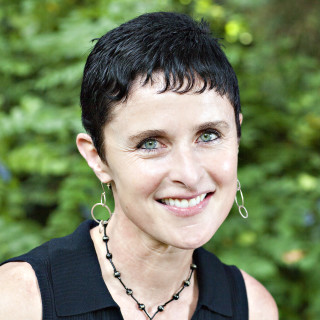
There is absolutely nothing normal about Bethel, Alaska. It’s flat frozen tundra blasted by an arctic wind. I was a pediatrician, fresh out of residency, there to take care of native Alaskan Yupik kids.
No roads connect Bethel to anyplace else. You either fly in or you come up the river on a boat. In the winter, you can drive on the river to other villages. They call it the ice road. But I don’t really consider that normal either. Being on call meant being ready to travel into the wilderness and get stuck there.
Near midnight my pager went off for a child “down and out” in a neighboring village. The health aide was doing CPR. A short flight would have us there in 15 minutes. Adrenaline shot through me. This is the call I lived in fear of. I felt like throwing up.
When we ran into the one room cabin it took a second for my eyes to adjust to the darkness. There must have been about ten Yupik men squatting up against the walls. The health aide’s face softened with relief at seeing us arrive. The 9-year-old boy lying underneath her chest compressions was pale and pulseless but still warm.
My hands were trembling as I slid the tube down his airway. Bruce, the flight nurse, handed me the epinephrine. I forced the drug into the boy’s lungs but there was no response. Bruce was unable to get IV access but quickly sunk the intraosseous for more epinephrine. Minutes went by with no return of pulse. It was at this point that I felt the heavy silent stares from the elder men in the room. I asked if any of them knew what happened to this boy. None of them spoke English, but the health aide translated. There was soft murmuring from the men, but no real response.
After five more minutes of the same futile attempts, we stopped. It was only then that I noticed the first sign of emotion from these silent men. One of the younger men buried his head in his forearms. As my terror seeped away, I felt anger taking its place. There was a dead boy lying in front of me and nobody was giving us a single useful piece of information about what happened.
I found Yupik men quiet, stoic and private. Most live a subsistence lifestyle in villages of western Alaska making their living off the summer salmon catch. In the winter they live off of moose, caribou and dried salmon. Large families crowd into small homes. They tolerate outsiders because we bring them services such as health care, mail, fruit, and air transport between villages. But many of them find us meddlesome and annoying. I had not yet been invited into a Yupik home and was still trying to get my bearings in this new culture.
We searched the body for cause of death. I saw what looked like a chicken pox mark on the boy’s chest. When we turned him over Bruce gasped. I hadn’t seen the significance of the matching chicken pox mark on his back. Bruce, with more years of experience, knew immediately that the perfectly round marks were entrance and exit wounds from a bullet.
“He’s been shot,” Bruce exclaimed. Again, there was no response from the men.
That’s when I thought of the boy’s parents. I stood up from my position over the boy’s head and asked the health aide where I could find them.
“His dad is right there,” she said pointing to the man sitting with his head lowered on to his forearms.
My stomach dropped. I didn’t know we had the father in the room. I was speechless. I couldn’t imagine what it would be like to watch. I walked over and crouched beside him. He was the youngest man in the room, about my age.
“I’m sorry,” I said. He shook his head and we sat in silence for awhile.
“Can I help you tell his mother?” I asked.
“You go,” he replied.
Moans of lamentation arose from an adjacent cabin. I paused outside the door realizing I was scared. I didn’t know what this group of women would do to me. The room was hot and packed with about twenty Yupik women crying and embracing. When I entered they fell silent. All eyes were upon me. They seemed ready to blame me and I was searching for a clue of what my punishment would be. I was now blocked from the door and it was giving me a sick panicky feeling. I took a slow step toward his mother.
“I’m sorry I couldn’t save him. I tried everything.”
She moved closer and I flinched thinking she’d take a swing at me. She wrapped her arms around me, buried her head in my shoulder, and cried. I hugged her and found myself sobbing with her. I cried with the terror of my own inexperience, for the boy, for the forlorn father, for the heartbroken mother, and for relief.
I would move on to different jobs in other states and countries. Although the events of that night are now distant in place and time, they stand out with piercing clarity in the landscape of my memory. I could not restore life to that boy in a remote Alaskan village. It’s as if before it I was one person, and after, quite another. Over the next twenty years I would be a part of other resuscitations with variable success, but nothing is quite as indelible as the first time.
Laura Rich, MD has also worked as a pediatrician in Uganda and Jordan. She is currently a mother of three working as a hospitalist at Children’s Healthcare of Atlanta.






